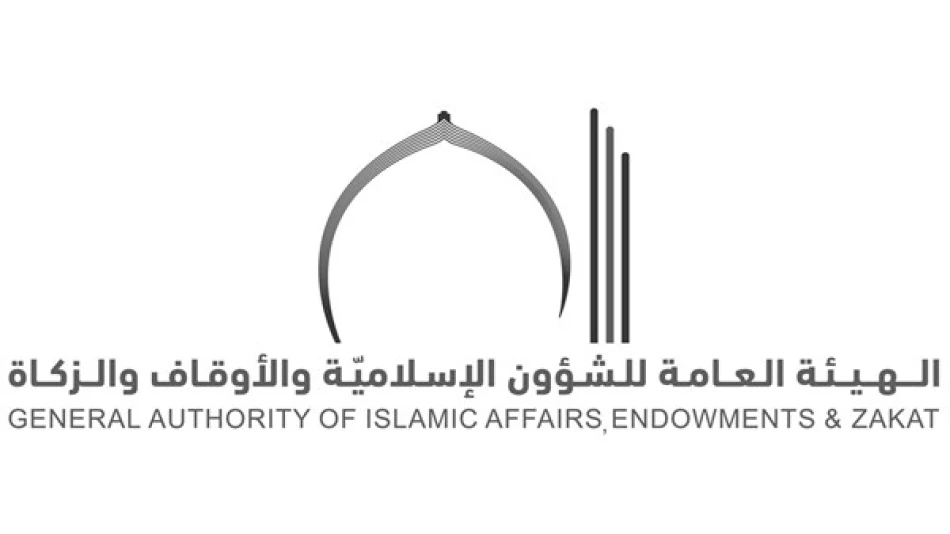
Empowering Patients: Islamic Affairs, Endowments, and Zakat Authority Launches "Patients" Initiative
UAE's Islamic Authority Channels $570,000 in Zakat Funds to Cancer Patients in Groundbreaking Healthcare Initiative
The UAE's General Authority of Islamic Affairs, Endowments and Zakat has distributed approximately 2.09 million dirhams ($570,000) in religious charity funds to support 60 cancer patients through a pioneering partnership with Tawam Hospital. This initiative represents a strategic evolution in how Islamic nations are modernizing traditional charitable systems to address contemporary healthcare crises.
A Modern Approach to Ancient Charity Laws
The "Patients Project" marks a significant development in the systematic application of zakat—one of Islam's five pillars requiring Muslims to donate a portion of their wealth to specified categories of recipients. By channeling these funds specifically toward cancer treatment, the UAE demonstrates how traditional Islamic finance principles can be adapted to modern healthcare challenges.
The initiative targeted urgent and complex cases requiring immediate medical intervention, suggesting a triage-based approach that prioritizes the most critical patients. This strategic allocation reflects sophisticated healthcare planning rather than simple charitable distribution.
Regional Leadership in Islamic Social Finance
The UAE's approach positions it as a regional innovator in Islamic social finance, following its broader strategy of modernizing religious institutions while maintaining traditional values. This contrasts with more conservative approaches in neighboring countries, where zakat distribution often remains fragmented across multiple charitable organizations.
Institutional Integration Sets New Standards
The partnership between the Islamic Affairs Authority and Tawam Hospital—a major healthcare provider in the Al Ain region—creates an institutional framework that could serve as a model for other Gulf states. This direct collaboration eliminates traditional bureaucratic layers that often delay charitable medical assistance.
Similar initiatives in Malaysia and Indonesia have shown that systematic zakat distribution through healthcare partnerships can significantly improve treatment outcomes for low-income patients, particularly in specialized care areas like oncology.
Economic and Social Impact Beyond Healthcare
The $570,000 allocation represents more than immediate medical relief—it demonstrates how Islamic financial instruments can supplement national healthcare systems. For the UAE, which spends approximately 3.5% of GDP on healthcare, strategic zakat deployment could enhance coverage without increasing government expenditure.
The economic multiplier effect extends beyond patient care. By covering treatment costs, the program prevents families from depleting savings or accumulating debt, maintaining their economic stability and continued contribution to the national economy.
Implications for Healthcare Policy
This initiative arrives as Gulf states face rising healthcare costs due to aging populations and increasing chronic disease rates. Cancer treatment, in particular, can cost between $50,000 to $200,000 per patient, making it financially devastating for middle-income families who may not qualify for full government assistance.
The UAE's systematic approach could influence healthcare policy across the region, particularly as governments seek sustainable financing models that complement existing insurance systems without creating fiscal strain.
Setting Precedent for Islamic Finance Innovation
Beyond immediate healthcare benefits, this project signals the UAE's broader strategy of positioning itself as a global hub for Islamic finance innovation. By demonstrating practical applications of traditional Islamic principles in modern contexts, the country strengthens its credentials in the $3.7 trillion global Islamic finance market.
The success of this healthcare initiative could pave the way for similar zakat-funded programs in education, housing, and small business development, creating a comprehensive Islamic social finance ecosystem that attracts international Islamic institutions and investors.
Most Viewed News

 Layla Al Mansoori
Layla Al Mansoori






